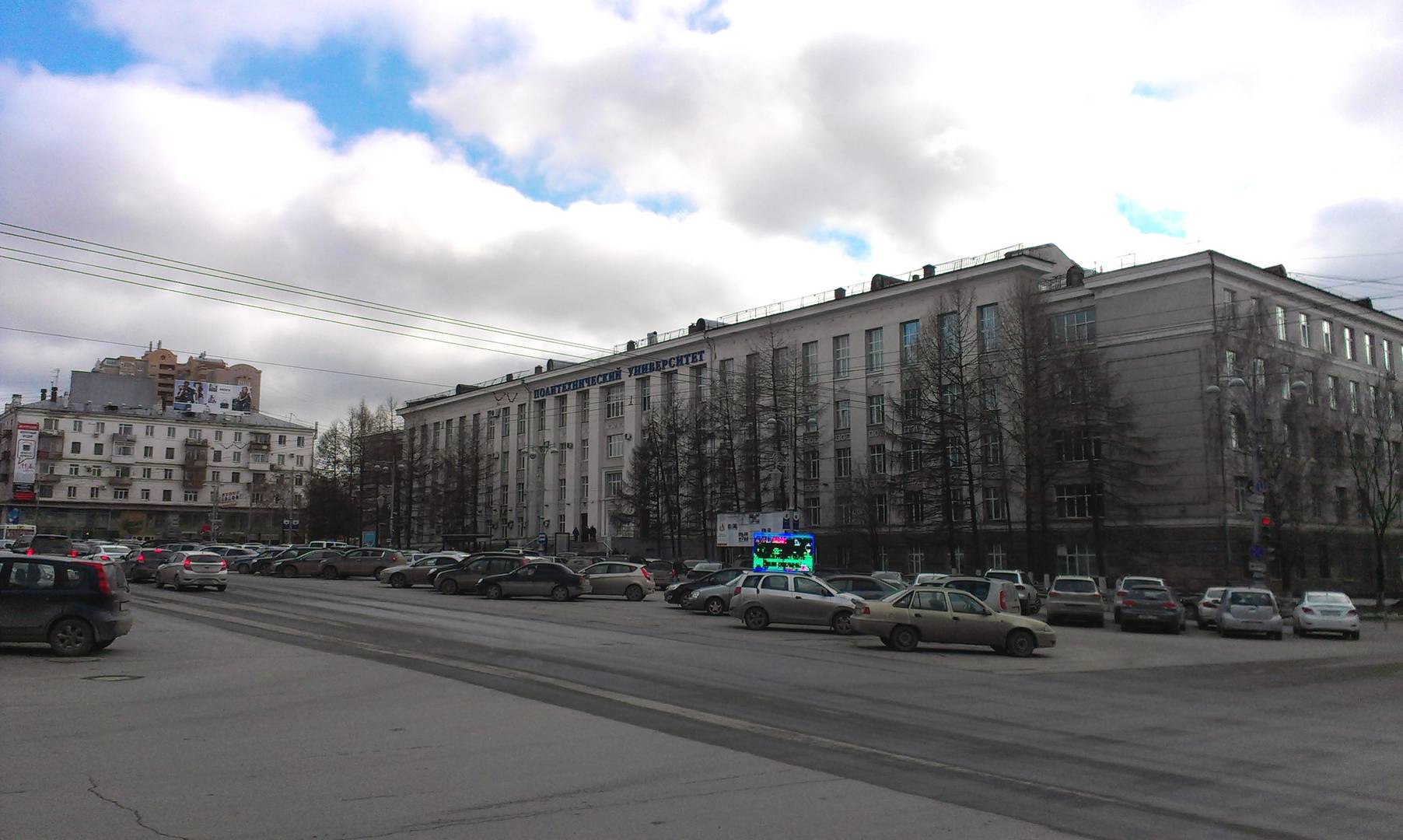
A method for processing dewatered sludge generated during the purification of dust and gas emissions from various industries, for use as part of a heat-resistant anti-corrosion composition to protect the surfaces of metal structures, equipment and concrete products, was developed by specialists from the Perm National Polytechnic Research University (PNIPU), the press reported on November 30.
PNIPU scientists presented the results of the study of a new coating obtained by the created method in an article published in the scientific-technical collection “High energy condensed ammunition and systems” No. 1, 2023. For the filling composition of the developed coating, Patent No. 2780651 “Epoxyurethane composition for coatings” was obtained.
Heat-resistant anti-corrosion coatings for metal structures, equipment and reinforced concrete products are widely used in construction, mechanical engineering, oil and gas industries, etc.
Often these coatings are made on the basis of epoxy resin, to which various fillers provide the required protective properties (strength, chemical, mechanical and thermal resistance).
Scientists at the Perm Polytechnic have developed a recipe for a coating that protects a product or structure from the destructive effects of aggressive environments (solutions of salts, acids, alkalis, oil, petroleum products), as well as from abrasive wear. It consists of dehydrated sludge with a high content of aluminum oxide (technogenic alumina).
During the study of the coating, its physical and mechanical characteristics were determined for samples with a mineral additive of 9 to 18% by weight compared to a control sample without additive.
The test results showed that the compound with a mineral additive in an amount of 12 to 18% has higher relative hardness and wear resistance, surpassing known analogues in hardness, strength and chemical resistance.
At the same time, a sanitary-hygienic and toxicometric evaluation of samples of epoxyurethane coating with this addition of mineral waste demonstrated its safety for the environment.
The technological scheme for the production of coatings developed at the PNIPU with the addition of technogenic alumina sludge from the dust and gas emissions purification system guarantees the production of more than 2 thousand tons of products per year.
Professor of the Department of Environmental Protection of the PNRPU and doctor of technical sciences Galina Batrakova highlighted the relevance of the work carried out by university scientists:
“Technogenic waste is widely used as fillers and mineral additives in the manufacture of civil products, improving the operational properties of materials and products based on them. The use of waste as a secondary material resource, as an example of the introduction of a closed production cycle, makes it possible to reduce the cost of products and the energy intensity of production processes, as well as regulate the anthropogenic load on the environment.”.
The development of PNRPU scientists will help neutralize and eliminate industrial waste, using its material potential to produce products with improved characteristics, the publication notes.
Source: Rossa Primavera
I am Michael Melvin, an experienced news writer with a passion for uncovering stories and bringing them to the public. I have been working in the news industry for over five years now, and my work has been published on multiple websites. As an author at 24 News Reporters, I cover world section of current events stories that are both informative and captivating to read.
